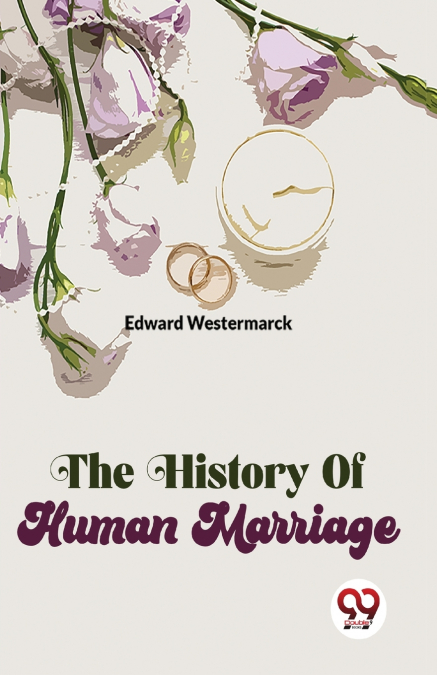
 Librería Perelló (Valencia)
Librería Perelló (Valencia)
 Librería Aciertas (Toledo)
Librería Aciertas (Toledo)
 El AlmaZen del Alquimista (Sevilla)
El AlmaZen del Alquimista (Sevilla)
 Librería Elías (Asturias)
Librería Elías (Asturias)
 Librería Kolima (Madrid)
Librería Kolima (Madrid)
 Donde los libros
Donde los libros
 Librería Proteo (Málaga)
Librería Proteo (Málaga)
'The History of Human Marriage' is a book written by Edward Westermarck, a Finnish philosopher and sociologist. The book is a comprehensive survey of marriage practices and customs throughout human history, drawing on examples from cultures around the world. Westermarck’s central thesis is that the institution of marriage is not a universal or natural phenomenon, but rather a product of cultural and historical forces. Throughout the book, Westermarck examines a range of topics related to marriage, including the role of religion, the influence of economic and political factors, and the evolution of family structures. He also discusses the various forms of marriage found in different cultures, from monogamy and polygamy to group marriage and same-sex marriage. One of the key contributions of Westermarck’s work is his emphasis on the importance of understanding marriage as a social and cultural institution, rather than simply a biological or moral imperative.